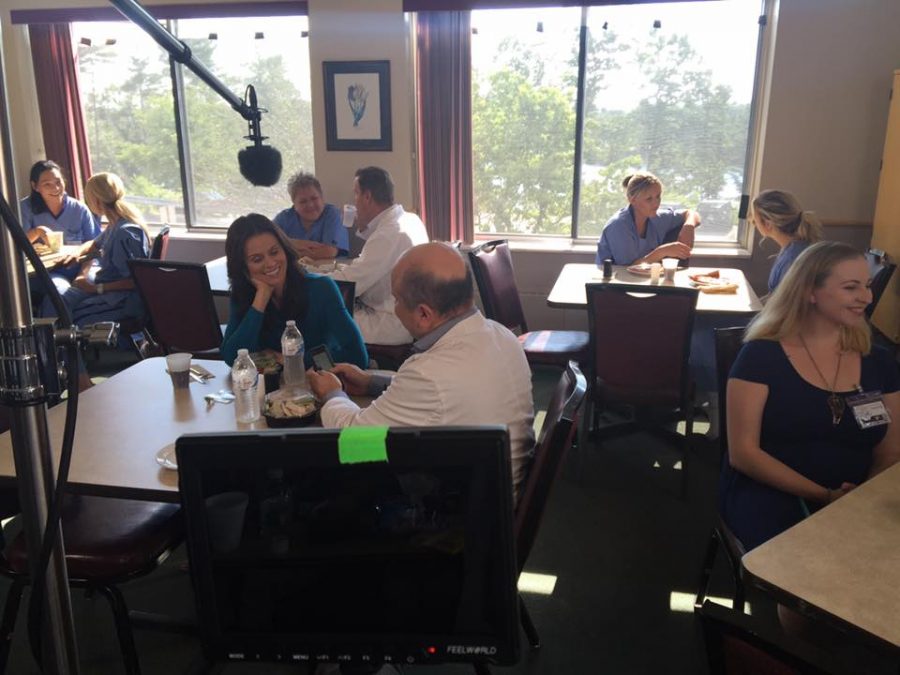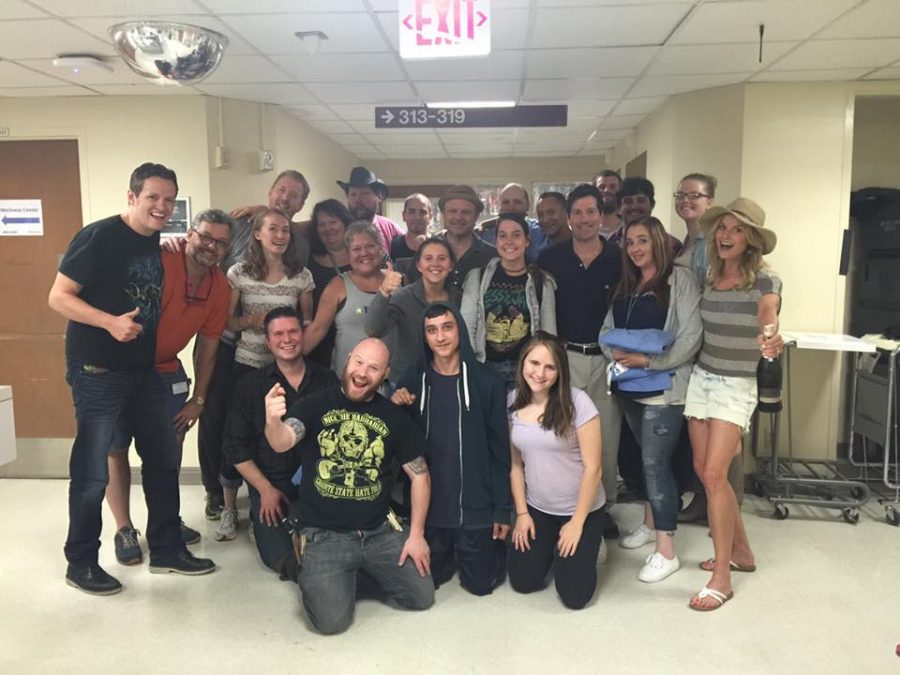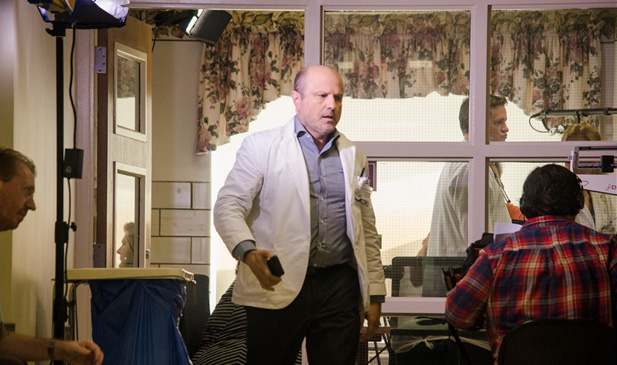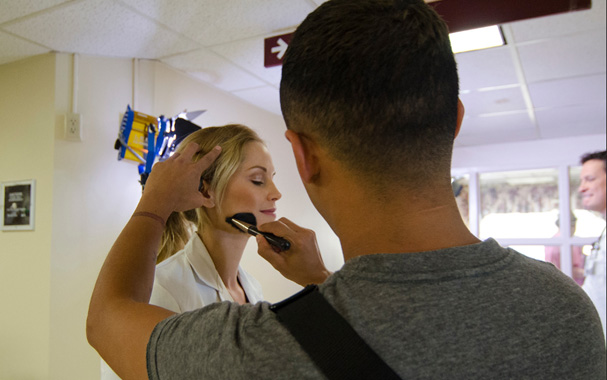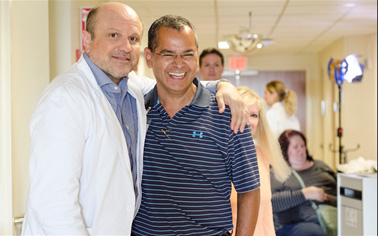THE RISE OF THE PALLIATIVE CARE TEAM AND THE NEED FOR PRIMARY CARE DOCTORS TO PROVIDE END OF LIFE CARE
Although primary care doctors or their designees should ideally deal with the end-of-life care for a patient they have been treating for many years, today the patient’s final days are being handled by a palliative care team, whose goal is efficiently handling the patients in these last days. In my view, this is a wrong direction for the medical system, since this palliative approach makes handling the patient into a less personalized process. As such, the patient is treated away from home in a hospital or palliative care setting, instead of at home, where the patient should be.
Rather than this palliative care approach, each patient and his or her family should be given highly personalized loving care to truly comfort the individual, which I believe is better handled when the patient is at home or cared for by the family doctor. At the end of life, each person has different needs and concerns, and these can be best handled by a primary care physician or designee, who have had a long-time relationship with the patient or by an end-of-life care doctor who is trained to deal with individual patients and their families. Only in this way, through individualized treatment and counseling, can the dying patient feel truly cared for and comforted, so he is ready to go when the time comes and the transition from life to death can come about more calmly and peaceably.
As I discuss in my book At Death’s Door, the entire medical system is moving towards this approach of turning end-of-life care to a palliative care team assigned by the hospital. But in my opinion, that is the wrong direction, because it treats the dying patient as someone to efficiently disposed of rather than someone whose life contributions should be recognized and even celebrated, while he or she is comforted physically. Therefore, anyone caring for a patient in these final days needs to recognize that patients and their families all have different needs and wants, and they have to be treated with deep compassion in these last difficult days. That’s what the primary care physicians or their designees should do. They should be the ones to take over the dying process and carry on all the way to the end; or as an alternative, a doctor specializing in end-of-life care should do this, much like priest, minister, or rabbi might be with the patient to provide added comfort in these last days.
To this end, every primary care physician should step forward to be part of the process and participate closely with patient care specialists, in the hospital or in their office or both, as appropriate for a particular patient and family members. Unfortunately, primary care physicians today generally do not appreciate this concept, so they don’t get involved in this final stage of life, while the older generation of doctors who did this are on the brink of retirement. This situation is unfortunate, because patients typically come to trust their doctors and respect their opinions. So their doctors can be a major source of comfort for patients in their final days.
Any specialist dealing with patients should stop treating a patient once they see that their treatment won’t work any longer. So at this point, the patient’s care should fall back to the primary care doctor, because now that treatment is no longer effective and the patient’s condition is terminal, all that is left is the relationship of the patient and primary care doctor. So this is the time when they can hopefully face the end together, with the doctor providing the patient with his or her care and support – something the patient very much needs at this difficult time. And what the patient needs most is feeling the support of a caring human being.
The importance of having a primary care doctor goes back to the beginnings of what is ideally a long-term relationship that begins soon after birth, which is usually handled by a GYN or gynecological doctor. However, a primary care doctor who is already helping other family members might check in to see how everyone is doing at this time. Then, as, the child grows up and has a close relationship with a pediatrician, this sets the pattern of having a doctor one knows, likes, and trusts to provide continuing support and care. Once the individual graduates from school, lives independently, and starts his or her own family, the individual will usually start his or her own relationship with an adult primary care physician, and hopefully establish a many years long relationship.
In turn, this long relationship with a primary care physician, who may have even been the individual’s parents’ primary care physician, sets the stage for choosing the primary care physician to deal with any end-of-issues, when every life journey gets to an end. So ideally, at this point, the patient will have a primary care physician to hold his or her hand and provide comfort by telling the patient: “It’s okay. What you are experiencing now is just one of the points in the cycle of life.”
While there is no formal end-of-life care specialty yet, so I am not a specialist in this area, the alternative specialty that has been created is the palliative care specialist, made up of doctors who dedicate themselves to consult on end-of-life care. They do not take primary care patients like I do or perform inpatient care as a hospitalist who primarily cares for these patients. Unfortunately, this specialty has limitations in performing this duty, since these doctors only act in a consulting capacity, rather than providing the ongoing compassionate care that patients and their family need. Instead, the primary care physicians should be providing this compassionate care, and they need to step up to take over this responsibility to care for their patients at this very difficult time of their life. They should not abandon the dying to other doctors in the hospital or to outside consultants who are coming in at the very end to give a more mechanical approach to what should be a caring and counseling approach to provide patients and their families with the necessary support and succor in these final days.

